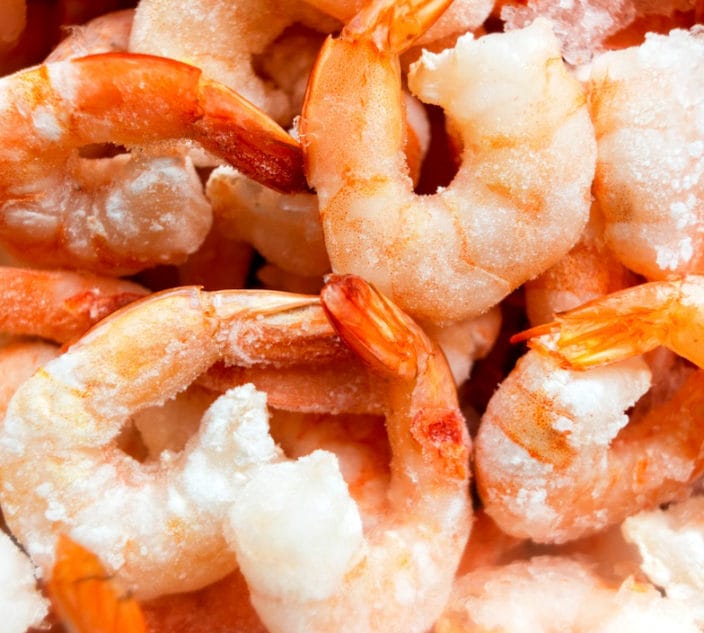Ham Pong and other experts say the experience of knowing what a reaction feels like helps food and sting allergic individuals to grasp the seriousness. But, in fact, many teens do not know the feeling. Many were diagnosed through allergy tests as toddlers or through reactions as infants; they have no memory of this. Such teens “don’t necessarily believe they’ll react, or they only half believe it,” Ham Pong says. “It’s just something they’ve been told by their parents.”
Young has seen this as well from the educator’s perspective. “Because they can’t recall ever having one, they have that feeling of invincibility – I’m not really going to have a reaction, eating this ‘may contain’ must be OK.”
***
IN FAIRNESS TO teenagers, having allergies on top of everything else that’s going on inside a maturing body and brain is not easy. And parents should not underrate teenage peer pressure – adult office politics pale in comparison. “In high school, if you don’t have the right clothes and the right shoes, you get picked on,” says Anna Woollam, a Grade 10 student who was Sabrina’s best friend. “I’m not one of the kids who gets picked on, but I see it all the time.”
Given the rigid fashion ethic of the school hallway, many of the teens interviewed say they would never dream of wearing a fanny pack or a belt that holds an auto-injector. Keely Hutton, a Grade 8 student at Bishop who’s highly allergic to peanuts and tree nuts is, however, delighted with the sporty little purse that her mother bought for her – not only does it look cool, it will accommodate her two EpiPens.
Teenagers, allergic or not, want to fit in. Kathleen, Trevor and Keely all separately acknowledge that none of them wants to feel different from the other students. Kathleen is getting better about speaking up and questioning food servers about her allergens (before she would ask a friend to ask). And she’s not shy about explaining her allergies when people ask about them.
Still, she says, “I get embarrassed when I’m in a big group of students and a teacher asks: ‘Do you have your EpiPen with you?’ I feel like I’m 5. Nobody else gets asked, ‘Did you bring extra socks?'” She knows teachers are just doing what they’re supposed to do. She would just like to see a little more sensitivity, such as calling her aside.
Social situations are also difficult for teenagers with allergies to navigate. The year her soccer team won the championship, some of Kathleen’s teammates organized a celebration at the Eastside Mario’s restaurant in Pembroke. Kathleen couldn’t enter that establishment with peanut shells on the floor any more than she could join friends when they go to the local Dairy Queen. This was an oversight on the part of the organizers, and Kathleen isn’t the type to whine about such incidents. But they are frustrating and, at times, hurtful.
“Sometimes I get left out of things, which kind of sucks,” she says. “But I’ll say, ‘whatever, it’s no big deal’. But sometimes I do care. Maybe I sometimes act tougher than I am because of allergies.”
Keely Hutton is only 13, but already her mother is realizing that teen parties are an issue for her daughter. For instance, the mother of one of Keely’s friends, who was hosting a party, said it wouldn’t be wise for Keely to come. They were going to serve a Dairy Queen cake and other treats might have nuts or peanuts as well. Keely understood that her safety likely was an issue – as a competitive gymnast, she has broken into hives just from making contact with a balance beam that had been touched by a girl who had eaten peanut butter. Cindy also didn’t want her to attend the party if it wouldn’t be safe.
But it was wrenching to watch. “Keely’s usually good-natured, she knows she has to deal with her allergies,” says Cindy. “But that time, she said: ‘Mom, this is what my life’s going to be like, isn’t it? I won’t be able to go to parties.'” This has made Cindy and her husband realize that, just as Keely hosted most of the sleepovers with friends as a little girl, the social solution is to have Keely host more of the parties in the safe environment of the Huttons’ home.
Dating also presents challenges for the food allergic teen. Alice Blake jokes that boys Kathleen has brought home to meet the parents tend to be grilled – not so much on their intentions – but on whether they’ve eaten peanuts or nuts. They are politely, but firmly, reminded that they can’t do so around Kathleen.
Next: Parents Can Be Proactive





